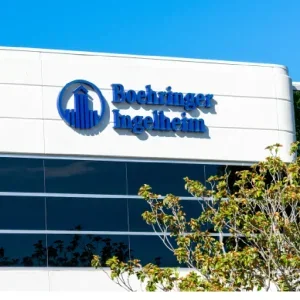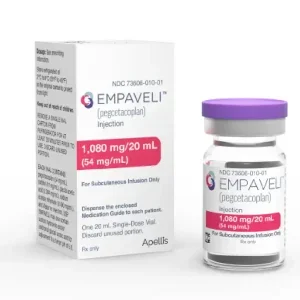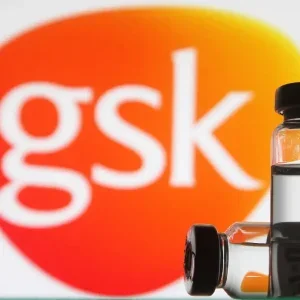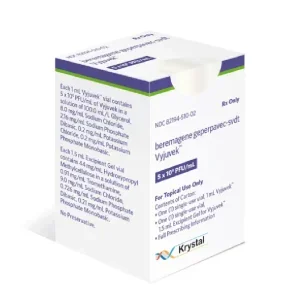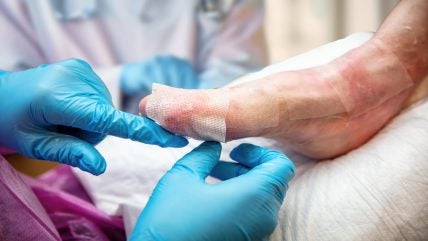
The US Food and Drug Administration (FDA) has approved ZEVASKYN (prademagene zamikeracel), developed by Abeona Therapeutics, for treating recessive dystrophic epidermolysis bullosa (RDEB).
It is the first authorised autologous cell-based gene therapy for RDEB wounds and the only FDA-cleared treatment available in a single application.
Abeona CEO Vish Seshadri said: “Today’s approval of ZEVASKYN represents a pivotal moment in the treatment of RDEB, answering the call of people living with the clinical, economic, and human impact of this devastating disease.
“We have heard from the RDEB community that there is a persistent unmet need to reliably address RDEB wounds, especially those that are chronic and prone to infection.
“Through a single surgical application, ZEVASKYN can now offer people with RDEB the opportunity for wound healing and pain reduction in even the most severe wounds, as evidenced by the results from our pivotal Phase 3 study.”
The decision by the regulatory body follows the results from the Phase 3 VIITAL study (NCT04227106), a multi-centre, randomised and intrapatient-controlled clinical trial.
The study achieved both of its primary efficacy objectives.
At six months post-treatment, results showed that 81% of RDEB wounds treated with ZEVASKYN achieved 50% or greater healing from baseline. This was a statistically significant outcome compared to 16% in wounds managed with standard care.
The study also recorded meaningful reductions in reported pain, assessed using the Wong-Baker FACES pain scale.
ZEVASKYN consists of genetically engineered autologous keratinocytes, derived from the patient’s own skin cells. These cells are modified to express Type VII collagen, a protein absent in RDEB patients due to mutations in both copies of the COL7A1 gene.
Processed into sheets, these engineered cells and surgically placed on chronic or large wounds, with the capacity to apply up to 12 sheets in a single procedure to treat extensive or multiple areas.
In addition to the Phase 3 trial, earlier evidence from a Phase 1/2a single-centre, open-label study (NCT01263379) showed sustained benefit at treated wound sites.
That study involved seven patients and 38 wounds and reported long-term improvement lasting a median of nearly seven years following a single ZEVASKYN application.
Across both trials, the therapy demonstrated an acceptable safety profile, with no treatment-linked serious adverse events reported. Common side effects were limited and included procedural discomfort and itching, experienced by fewer than five percent of trial participants.
RDEB is a severe genetic skin disorder caused by a lack of functional Type VII collagen, leading to extremely fragile skin, extensive blistering, and persistent wounds. The condition affects both children and adults and is associated with chronic pain, recurring infections, and systemic complications.
In some individuals, over 80% of the skin surface may be impacted, with wounds that often resist healing and tend to reopen even after closure.
Abeona Therapeutics has confirmed that ZEVASKYN will be made available through ZEVASKYN Qualified Treatment Centers (QTCs) starting in Q3 2025. These centres are distributed across the US and are equipped with specialised capabilities in epidermolysis bullosa care and experience in handling advanced cell and gene therapies.


